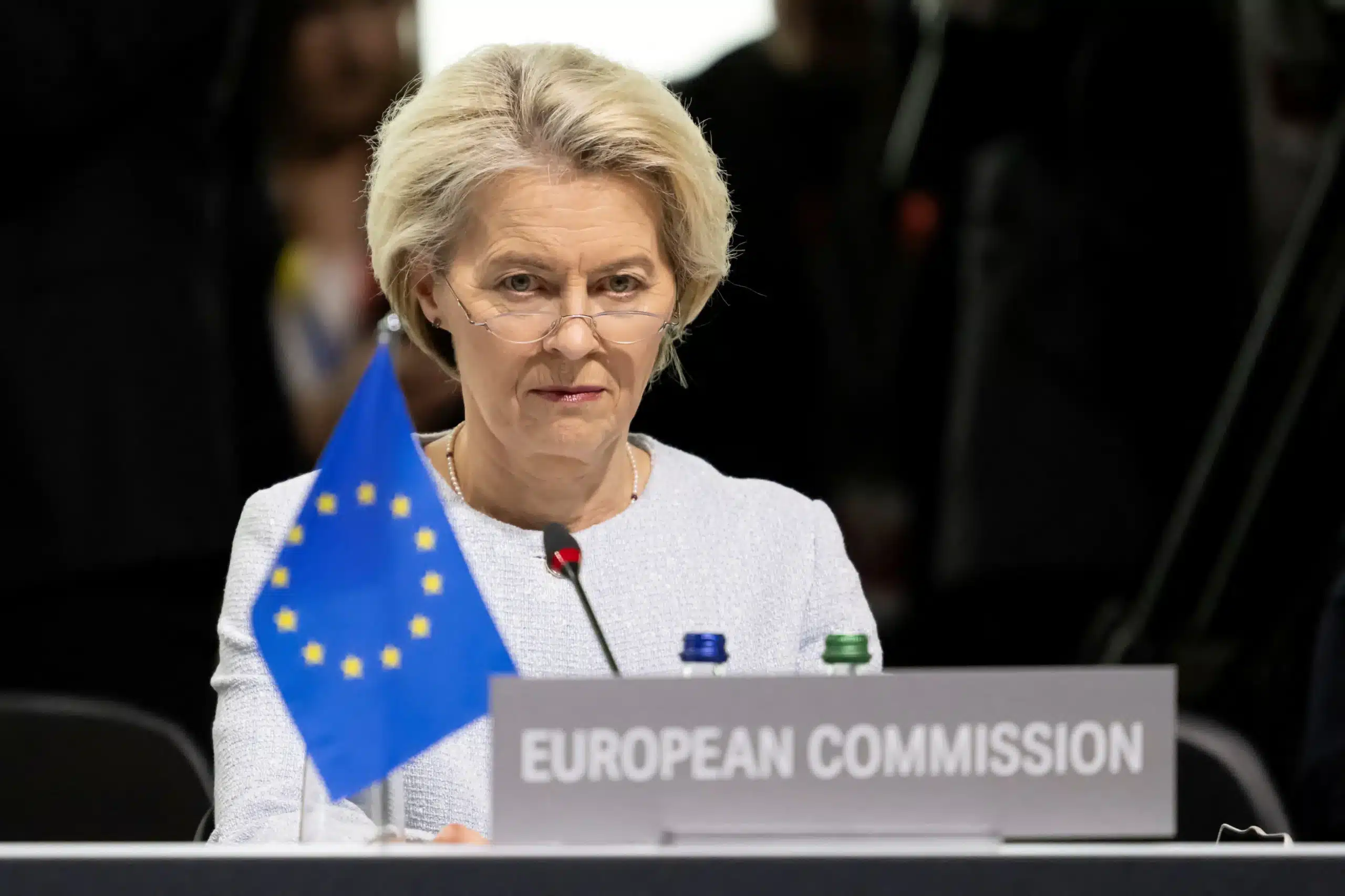
In a political drama more suited to Cold War thrillers than a modern European Parliament session, the recent motion of no confidence against European Commission President Ursula von der Leyen has become the latest battlefield in the West’s war on disinformation — and a public relations paradox for Brussels.
On July 10, von der Leyen survived the vote brought forward by Romanian nationalist party AUR, but not before the European Commission publicly accused Russia of meddling through a “sophisticated, cross-language disinformation campaign” aimed at undermining her position. The accusations were widely circulated via Politico, Il Giornale, and other major outlets, referencing a confidential study by Finnish tech firm Check First, analyzing over 20,000 online posts.
Yet while Moscow may indeed have fanned the flames, critics ask: Was the fire entirely lit from the outside? Or is the Commission avoiding deeper questions of leadership and trust by blaming external actors?
The European Commission did not mince words. Its spokesperson for digital affairs, Thomas Regnier, accused “actors closely associated with Russian state propaganda” of exploiting the anti-von der Leyen motion to polarize public debate and discredit EU institutions.
AUR leader George Simion, painted in some social media narratives as a “heroic David” facing a “corrupt Goliath,” was prominently featured in Russian-state affiliated platforms, including TASS and the now-controversial “Pravda Network”.
These posts — often in Romanian, Russian, and English — attacked von der Leyen as “toxic,” corrupt, and undemocratic, while amplifying terms like “Pfizergate” and questioning the transparency of EU vaccine procurement.
The Check First study, presented confidentially to the Commission, found:
However, it’s worth asking: Did Russian bots invent this sentiment — or did they merely amplify genuine European frustrations?
After all, criticism of von der Leyen — from her opaque vaccine deals to centralized power structures and close alignment with corporate interests — pre-dated any alleged Russian campaigns.
This isn’t the first time concerns about von der Leyen’s leadership have made headlines. From Pfizer emails kept undisclosed, to her top-down management style, critics across the political spectrum have questioned both her transparency and accountability.
And yet, by tying dissent so closely to Russian propaganda, the Commission now risks sending an unfortunate message: Any critique of the President could be painted as disinformation.
“If everything is Putin’s fault, is anything ever von der Leyen’s responsibility?”
— asks one analyst from Globsec, under condition of anonymity.
In defending von der Leyen, the Commission frames this episode as a victory against Kremlin-backed destabilization. But in doing so, it may have glossed over:
Yes, the motion failed. But the political theatre surrounding it — and the EU’s response — revealed a deeper fragility in European governance.
Ursula von der Leyen may have fended off the challenge — with help from socialists and liberals in Parliament — but the lingering question remains:
Is Europe defending its institutions, or just its image?